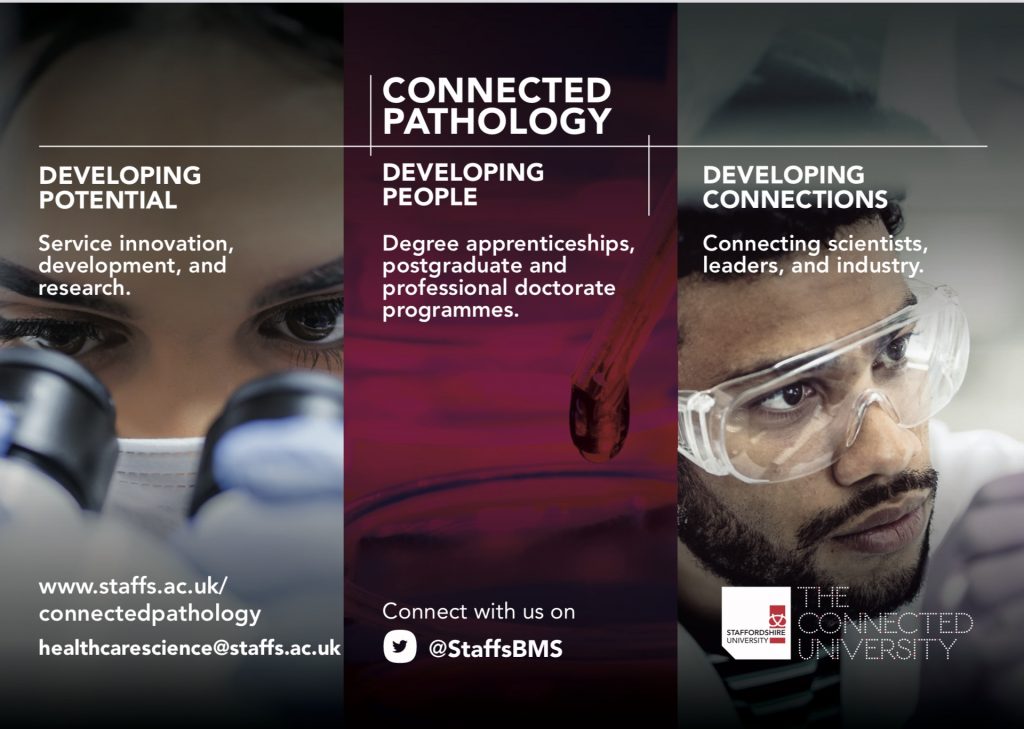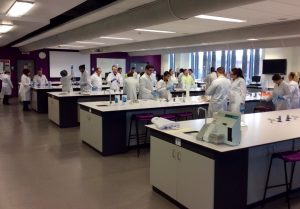Since the start of 2020, the response of the laboratory medicine community to the challenges posed by COVID-19 has been incredible. From developing and validating new assays to reshaping diagnostic pathways to facilitate social distancing, the work done has been innovative, fast-paced, and achieved under the greatest pressure and scrutiny.
Whilst the changes in practice have been driven by necessity, the outcomes of these changes may have wider or more longer-term benefits than planned. From managing demand, considering alternative ways of delivering analytical services, or realigning services with clinical need, to innovative ways of delivering training, communicating with teams, or staffing departments, some of your innovations may be the foundations for facing future challenges within pathology. Similarly, identifying the challenges faced, and the positive or negative impact of these changes, are all important steps in shaping the future of pathology services.
To capture some of these problems and solutions, together with their drivers, challenges, and impact, we would be grateful if you could share your experiences through a short questionnaire. Whether positive or negative, we would be grateful for all of your input.
At Staffordshire University we are committed to our notion of “Connected Pathology”, where practitioners, educators, researchers and stakeholders can come together to formulate and evaluate change, share best practice, and create a culture of improvement and innovation. To support the evaluation of new ways of working, we will work with the NHS Improvement “Getting it Right First Time” (GIRFT) programme to share your solutions, and will collate and disseminate these across the wider pathology community.
Please access the questionnaire here.
For more information, please contact Ian Davies, ian.davies@staffs.ac.uk



